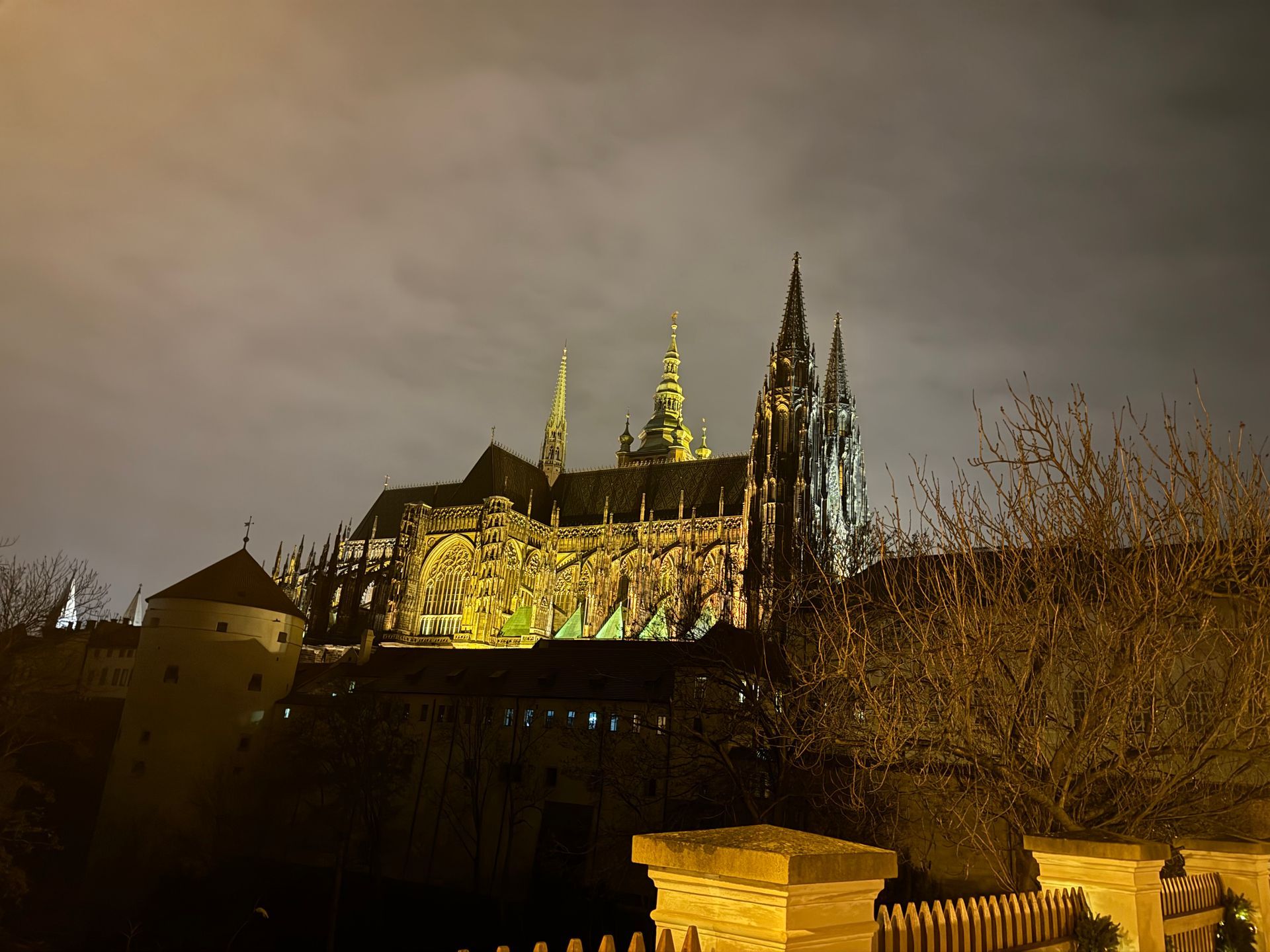Wrestling with God: From Fundamentalism to Atheism Without the Fight
Why I Don’t Need Faith and Atheism to Be Enemies

I was raised in the tight embrace of fundamentalist Baptist faith. My earliest memories are steeped in revival meetings, the rustle of old Bibles, and the unwavering conviction that the world made sense because God held it together. In that world, faith was the anchor — the final answer to every question you dared to ask.
For years, I clung to that anchor. But life tests you. Doubts come: Why trust this one book over all others? Why must salvation come only this way? How does a loving, all-powerful God allow so much needless suffering? The only answer I ever got was: Have more faith. Eventually, honesty demanded I couldn’t.
By the time I called myself an atheist, it wasn’t because I wanted to reject everything faith gave me — it was because I couldn’t pretend anymore. But leaving faith behind isn’t tidy. It left an imprint: a moral language, a hunger for meaning, the sense of belonging to a story bigger than myself.
And that tension isn’t unique to me — it’s baked into America’s story too. The American experiment was born out of the same uneasy space between devout belief and skeptical reason. Just look at the Founders. John Adams was an active Christian who called Christianity “the best system that ever was or ever will be devised by man” (Adams, 1811). He believed morality and liberty were inseparable from religion (McCullough, 2001). Meanwhile, Thomas Jefferson called himself a Deist, famously sliced up the Gospels to create the Jefferson Bible, cutting out miracles and resurrection stories because he saw Jesus as a great moral teacher, not a god (Jefferson, 1804/2004).
They argued fiercely but didn’t let that tear the nation apart. Instead, they built a Constitution that protected freedom of religion and freedom from religion — an idea radical for its time (Holmes, 2006). They knew the tension between faith and reason was not something to fear but to protect.
That same tension lives in me. It’s the part of me that refuses to mock people of faith just because I don’t share their beliefs. I know that some of the deepest parts of who I am were shaped on a church pew: compassion for the vulnerable, belief in dignity, a sense that we’re accountable to something larger than our egos. Those ideas echo the moral roots that shaped the Declaration of Independence and the Bill of Rights (Holmes, 2006).
So no — I don’t want atheism to become another dogma. I don’t want to live in endless combat with belief, as if mocking faith somehow makes me wiser. I want to be honest: to live with the humility that doubt and belief can co-exist — the same way they did when Jefferson and Adams built a nation that dared to trust free people to find their own way.
Maybe I’ll never believe in God the way my Baptist church taught me. But I still believe in the human need for meaning — the same need that made Adams hold tight to his Christianity and made Jefferson question it. I believe in stories that bind us. I believe in the freedom to ask uncomfortable questions.
If I have a faith now, it’s this: that doubt and belief don’t have to be enemies. They can be the same restless voice inside us, urging us to keep searching for what’s true, what’s just, and what it means to be fully human — whether there’s a God watching or not.
References
Adams, J. (1811). Letter to Benjamin Rush, December 21, 1811. In C. F. Adams (Ed.), The works of John Adams, Second President of the United States (Vol. 9). Little, Brown.
Holmes, D. L. (2006). The Faiths of the Founding Fathers. Oxford University Press.
Jefferson, T. (2004). The Jefferson Bible: The Life and Morals of Jesus of Nazareth. (Original work published 1804). Beacon Press.
McCullough, D. (2001). John Adams. Simon & Schuster.











